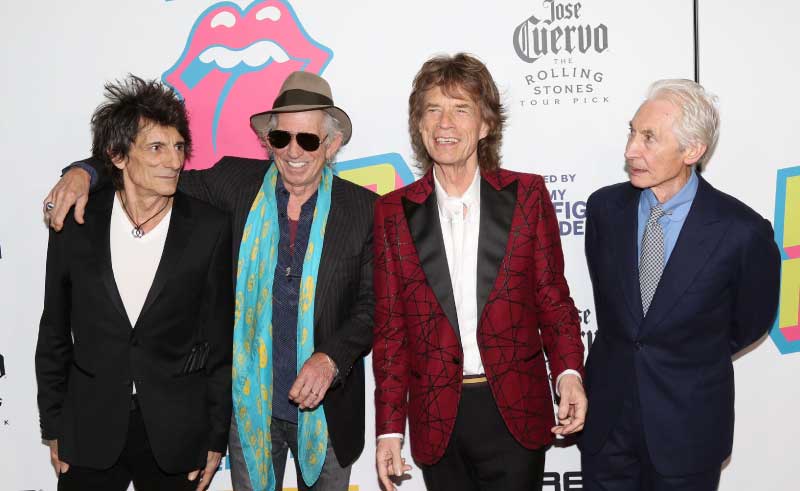
At the ripe age of 75, Mick Jagger and the surviving members of the “greatest rock and roll band in the world” will soon begin a 13-show U.S. stadium tour. I was a big Stones fan growing up, and have seen them live probably a dozen times. I have always loved their unique blend of blues and classic rock and roll… and yeah, if I get the chance, I’ll probably watch them again.
In their heyday, Jagger and his writing partner Keith Richards were arguably the most intuitive and provocative rockers of all time. In the decades that followed, the Stones somehow managed to morph from “Their Satanic Majesties” to a more wholesome product appreciated by teenagers and grandparents alike. The music however, never suffered along the way. Nonetheless, as good as they were, how is it possible that the Rolling Stones can still sell out stadiums three decades after they last topped the charts? Well, first of all it should be no surprise that their 2019 “No Filter” tour is in the U.S. Jagger, who along with setting the benchmark for lascivious behavior in the sixties and seventies, managed to find time to study business at the world-renowned London School of Economics. And so, Mick Jagger the businessman, knows perfectly well that he was born at the starting point of the greatest demographic cohort of economic activity in the history of mankind, the U.S. Baby Boomer Generation. The Rolling Stones along with a few others like Aerosmith and The Eagles continue to sell out stadiums to their loyal albeit aging baby boomer contemporaries. When asked whether this will be their last tour, Jagger and Richards were uncommitted, saying “we don’t think about that sort of thing”. Considering that the Rolling Stones are expected to clear more than $100 Million for thirteen gigs, who could blame them. It pays to know your econ.
